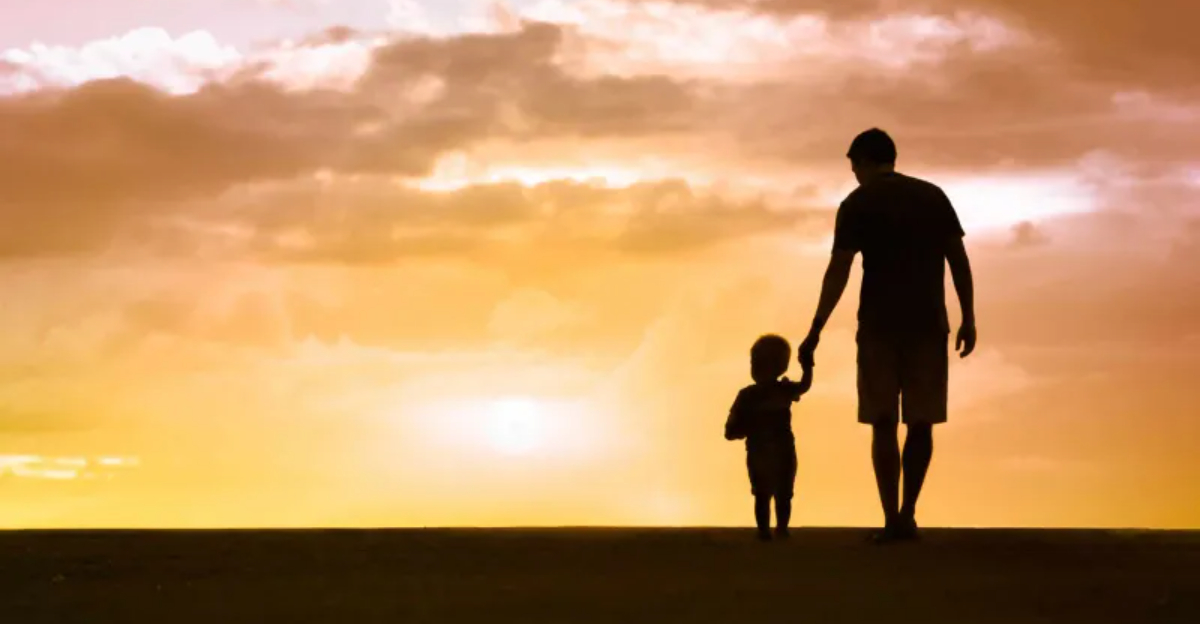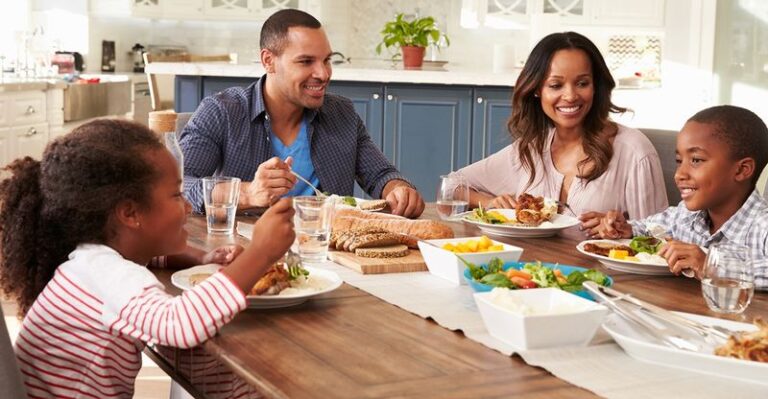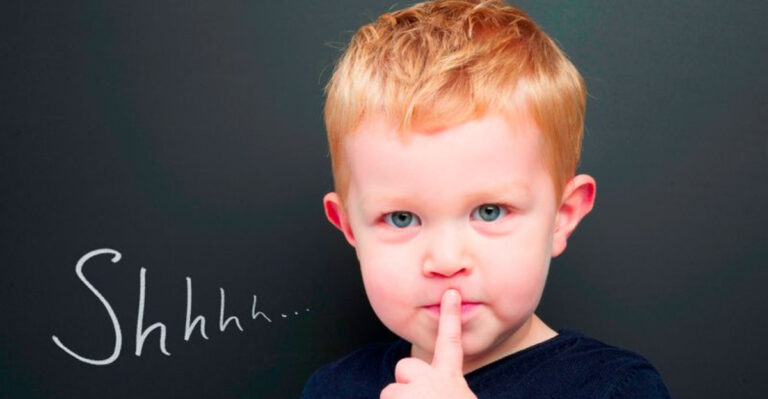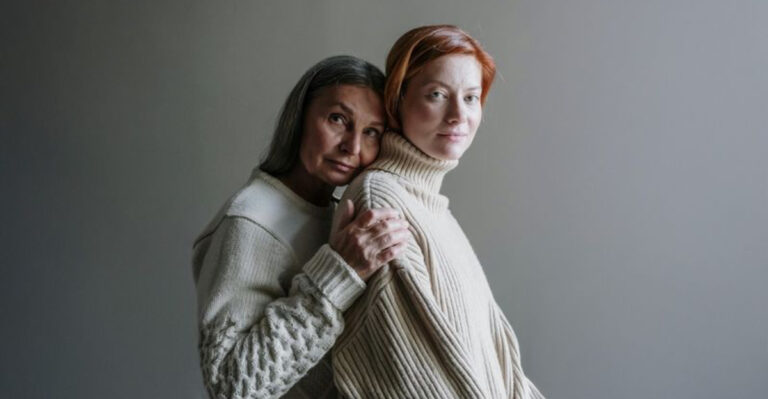18 Reasons Fathers Should Reject The Myth That They’re Dispensable
Maybe you never said it out loud, but I’ll bet the thought’s crossed your mind: Would anyone even notice if I wasn’t here? Yeah. That one. The quiet ache you bury under work, dad jokes, and showing up on autopilot.
The world’s got this messed-up habit of treating dads like the understudy—there if needed, but not the main act. Just the guy who pays the bills, fixes the broken stuff, and quietly fades into the background. And over time? That starts to sting. You tell yourself it doesn’t matter. But deep down, you wonder.
Let’s rip that lie out by the roots, right here, right now. You are not invisible. Not to your kids, not to the people who actually see what you carry, and definitely not to the ones who learn how to show up because you do.
Here are 18 reminders—real, unfiltered, gut-punching if they need to be—about why you matter more than you think.
1. Academic Anchor
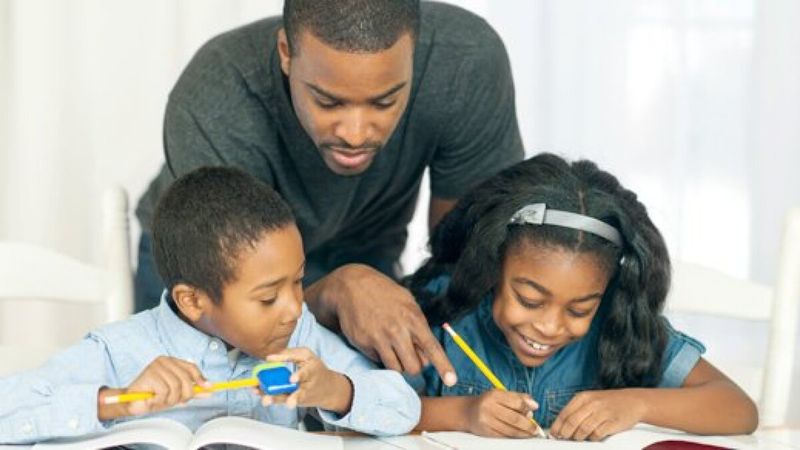
There’s a quiet power in sitting across the table, pencil in hand, while your kid chews on a tough math problem. I watched my brother’s confidence grow every time Dad nodded, like solving for x was a team victory.
Kids don’t always remember the test scores or project grades, but they never forget the feeling that someone believed they could handle hard things. Fathers who stick around for homework and listen to the daily school drama teach kids their brain is worth investing in.
This isn’t about perfect answers. It’s about presence—the slow, daily drip of support that shapes how a child sees their own ability. You become part of their inner dialogue, long after you leave the room.
2. Emotional First Responder
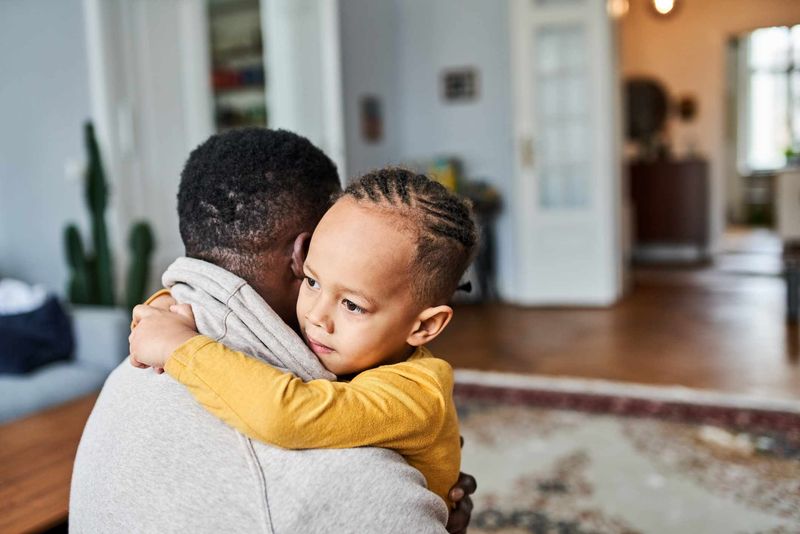
Nobody tells you how much a dad’s hug can steady the world. The night my best friend’s heart shattered for the first time, it was her dad’s silent, awkward arm around her shoulders that kept her from falling apart.
He didn’t fix it; he just sat there, letting her cry until she could breathe again. That’s the kind of rescue you can’t Google or pay for—only a present father can offer that brand of emotional triage.
Even if you’re stumbling through, your willingness to witness hard moments teaches your kids it’s safe to feel. You become the proof that strong doesn’t mean silent.
3. Builder of Boundaries
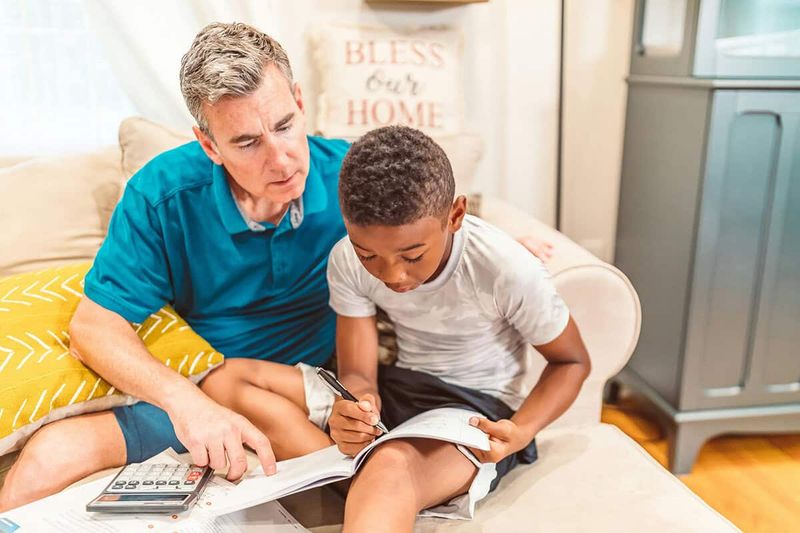
Ever notice how kids test the rules, just to see who’s really paying attention? My nephew once tried to skateboard off the garage roof. His dad’s rules—and his reasons—carved safety into that wild energy.
Boundaries aren’t about shutting kids down. They’re about making a map, so your kid can explore without getting lost. It’s not glamorous, but it is love in action.
Every “no” now is a way of saying “I want you here, tomorrow.” That’s not just discipline—it’s devotion, drawn in bold lines.
4. Risky Play Champion
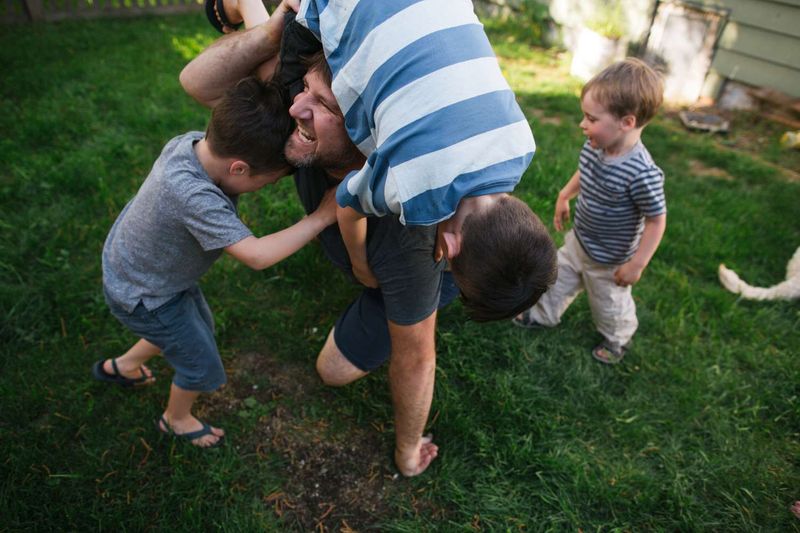
Somewhere between the giggles and “Don’t break the lamp!”, risky play with Dad teaches kids how to push limits safely.
When fathers roughhouse, kids learn not just about strength, but about trust. They figure out how to recover from a tumble, and how to keep laughter in the mix when things get unpredictable.
That kind of freedom, cushioned by just enough structure, gives kids grit. It’s a lesson that sticks when life gets messy for real.
5. Moral Compass Holder

You want to know where kids get their ideas about honesty? Watch a dad admit he was wrong. My own father’s rare apologies did more to teach me about right and wrong than any lecture ever could.
When you show up with integrity—keeping promises, owning your mistakes—you give your kids a compass. Even if it spins sometimes, they learn which way north feels.
Your example, not just your advice, tilts the whole moral landscape of their world. One small act of honesty from you can echo for years.
6. Steady Source of Security
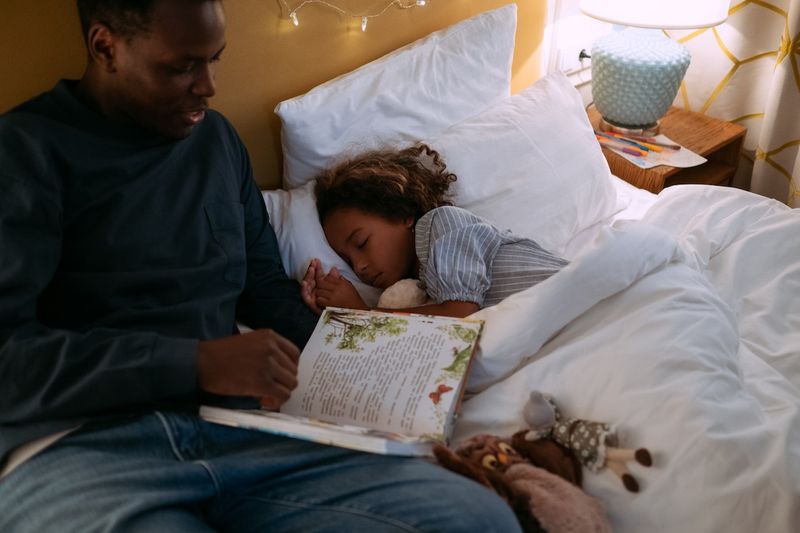
Some nights, the monsters under the bed feel way too real. My son only slept when his dad promised—right there, in the doorway, one eye open for trouble.
Stability isn’t flashy, but it’s the foundation everything else is built on. Fathers who show up day after day, in big ways and small, plant a sense of safety deep inside their kids.
That safety doesn’t just disappear at graduation. It grows into courage, the kind you need to face real monsters later in life.
7. Real-Life Role Model

It’s not the staged speeches that kids remember. It’s watching you handle a flat tire, or hearing how you talk to the mail carrier after a rough day.
Kids learn by watching what you do when no one else is looking. Maybe you taught your daughter about resilience by quietly fixing things that broke, without complaint.
You give your kids a front-row seat to adulthood, messy and unfiltered. That backstage pass is worth more than any advice you could ever give.
8. Co-Author of Memories
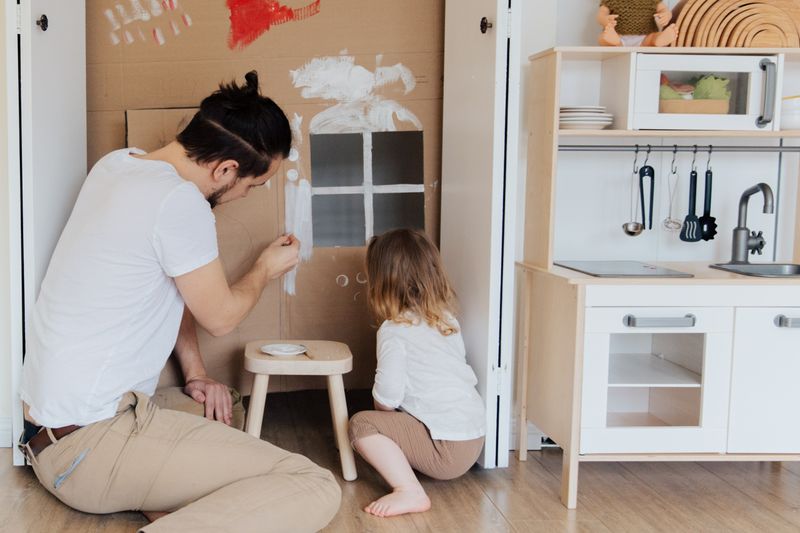
The best stories I carry didn’t come from books—they came from afternoons when my dad just said yes. Yes to the rainy day movie marathon, yes to burning marshmallows in the backyard.
Fathers help write the story of a childhood that’s worth remembering. Every goofy joke, every spontaneous adventure, scribbles something unforgettable in the margins of growing up.
You don’t have to buy memories. You just have to make room for them, and show up enough times to fill the pages.
9. Unfiltered Feedback Loop

You know that moment when your kid asks, “Did I mess up too much?” The world can be brutal, but a dad’s feedback lands differently. My best friend’s father never sugarcoated the truth, but he never made it feel like a verdict either.
Fathers who give honest feedback—without shaming—help kids learn to see mistakes as information, not identity. You become the first safe critic they trust.
It’s awkward sometimes. But that blend of realness and reassurance helps your kid build thick skin without hardening their heart.
10. Financial Firewall

Bills aren’t exactly bedtime story material, but the way a father handles money matters more than any allowance chart. Think of it like this: you lost your job, but your steady planning kept the family afloat—kids remember that kind of grit.
Fathers who face the money mess head-on teach their kids that security isn’t about having it all. It’s about doing what you can, with what you have, and never leaving your family in the dark.
You don’t have to be a millionaire. Showing up for the tough conversations is gold on its own.
11. Champion of Second Chances
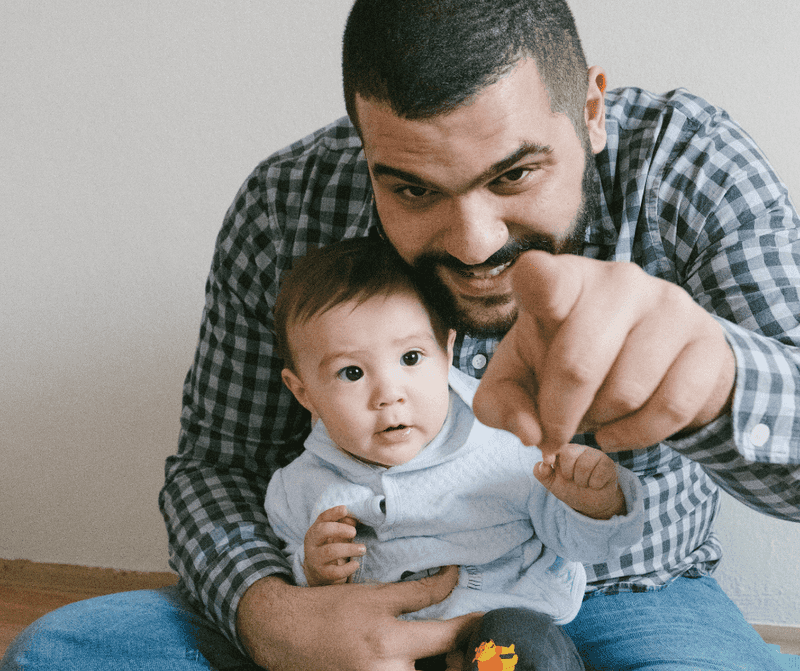
One scraped knee, one failed test—it’s tempting to shrug it off, but dads have this gift for making second chances count. My father would always say, “Want to try again?” instead of “Why’d you mess up?”
That simple question turns shame into possibility. Fathers who offer grace teach their kids that mistakes are detours, not roadblock.
You give them the courage to get back up—again and again. That’s more powerful than any pep talk.
12. Life Skills Instructor
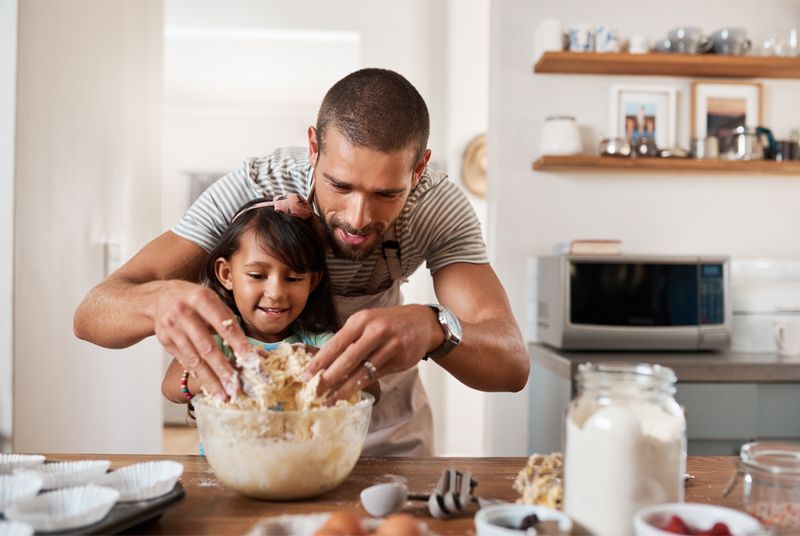
Confession: I still make scrambled eggs the way my dad showed me, cracking jokes the whole time. Fathers have a way of sneaking in life lessons between the mess and the laughter.
Whether it’s tying a tie, fixing a leak, or standing up for a friend—those hands-on moments shape how kids handle real life. You teach them self-reliance, not from a book but with your sleeves rolled up.
It’s not perfection that sticks. It’s the memory of learning together that lasts when you’re miles apart.
13. Cultural Bridge-Builder
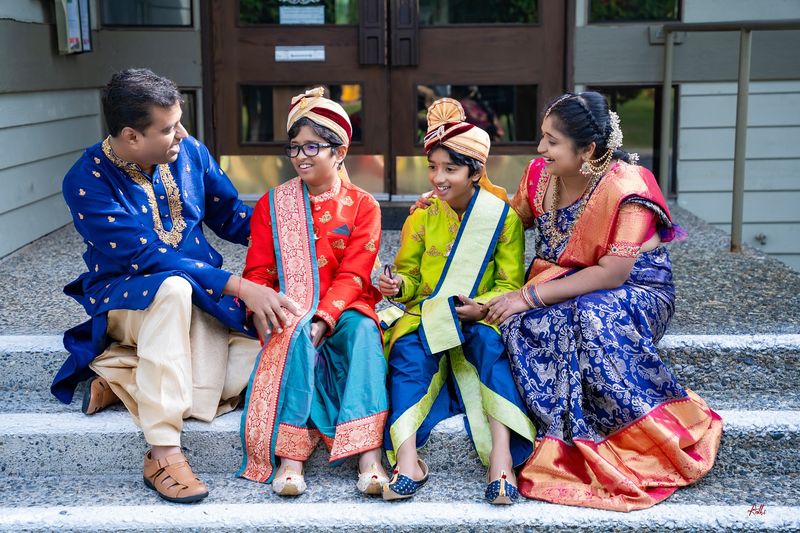
Heritage isn’t just passed down in family trees; it lives in the stories fathers tell and the traditions they keep alive. My friend’s dad told tales from his homeland while serving food that tasted like history.
When fathers share their roots, kids grow up anchored and proud. They learn where they come from, and why that matters even when they feel different from everyone else at school.
Those little rituals—a recipe, a song, a holiday—build bridges that last for generations. Fathers become living links to something bigger than themselves.
14. Protector in Plain Sight
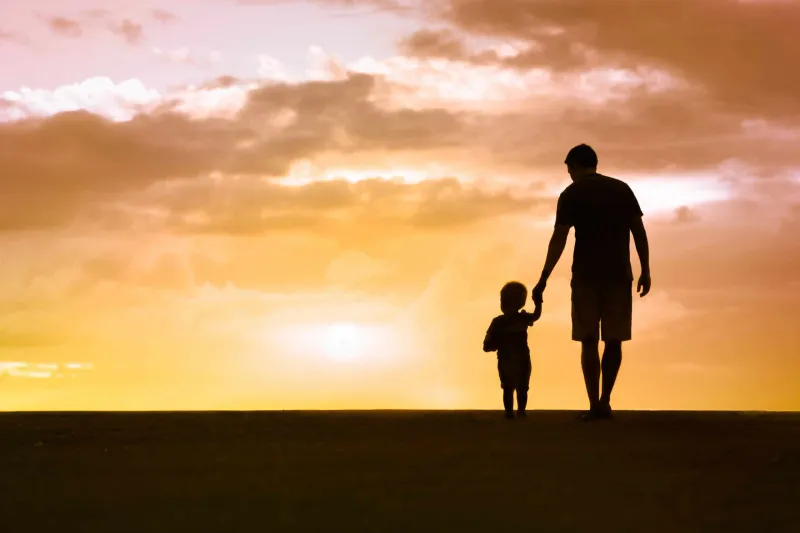
Nobody brags about it, but there’s a quiet peace that comes from knowing Dad’s got your back.
Fathers are more than bodyguards—they teach their kids what safe feels like, inside and out. You become the invisible shield that lets them face the world a little braver.
It’s not about fighting every battle. Sometimes, it’s just showing up, morning after morning, so your kids know you’re there.
15. Voice of Accountability

Remember that pit in your stomach when you knew you’d crossed the line? Fathers who hold kids accountable aren’t being harsh—they’re showing respect.
When you treat your child’s choices seriously, you teach them to take themselves—and others—seriously too. Accountability isn’t punishment. It’s an invitation to grow up, one honest talk at a time.
That respect echoes long after the punishment ends. Your voice becomes their inner compass for what’s right.
16. Unlikely Cheerleader
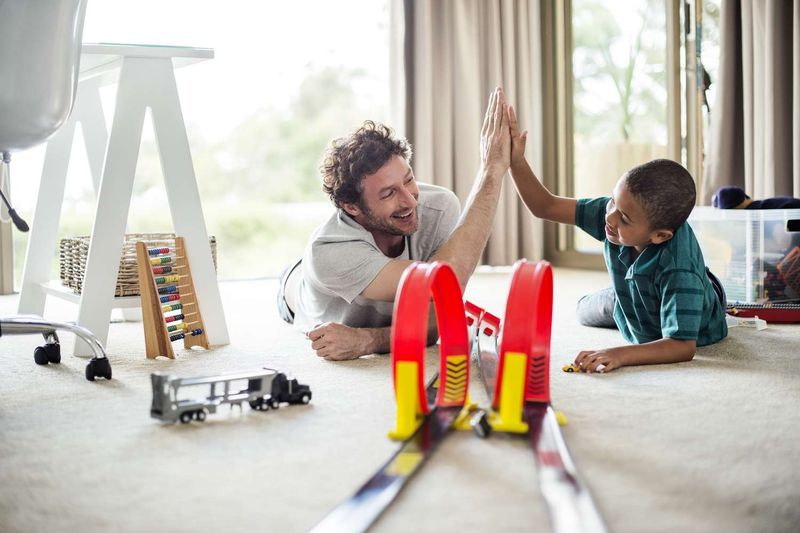
I’ll never forget my dad’s ridiculous dance moves at my fourth-grade talent show. The man couldn’t carry a tune, but he cheered louder than anyone else in the auditorium.
Fathers don’t just root from the sidelines—they embarrass themselves so their kids know they matter. That kind of loud, unconditional support sticks, even when you pretend to roll your eyes.
You become the voice they hear when they’re doubting themselves. At times, your belief is what gets them to step on stage at all.
17. Architect of Respect
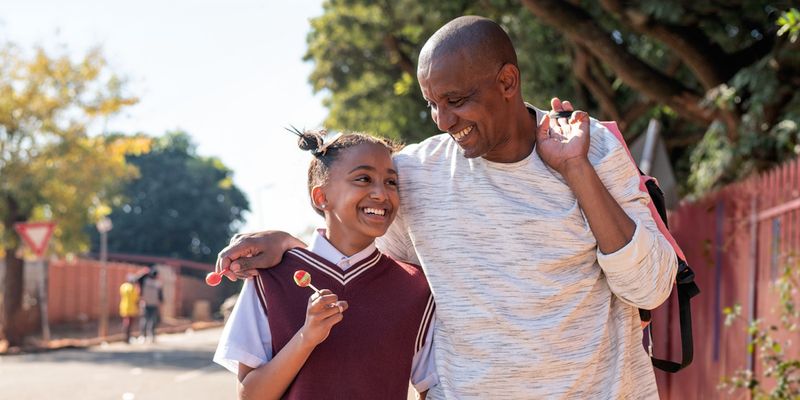
Respect doesn’t grow out of thin air. I watched my friend’s dad let her disagree—loudly—at the table, and he never once shut her down. Fathers who listen like that teach kids their voices matter.
When you treat your children as people, not projects, they learn how to stand up for themselves without stepping on others. You build a home where respect isn’t just expected—it’s modeled.
That dignity follows them everywhere they go. Your willingness to listen is the blueprint for every relationship they’ll ever have.
18. Lifelong Ally

The best dads never retire. My uncle still calls his grown kids before every job interview—just to remind them he’s in their corner, no matter what.
Fatherhood doesn’t end at 18. It shifts, becoming a steady friendship that keeps showing up long after the last soccer game or graduation.
You don’t stop mattering just because your kids get older. You become their proof that loyalty can last a lifetime, even when everything else feels uncertain.

